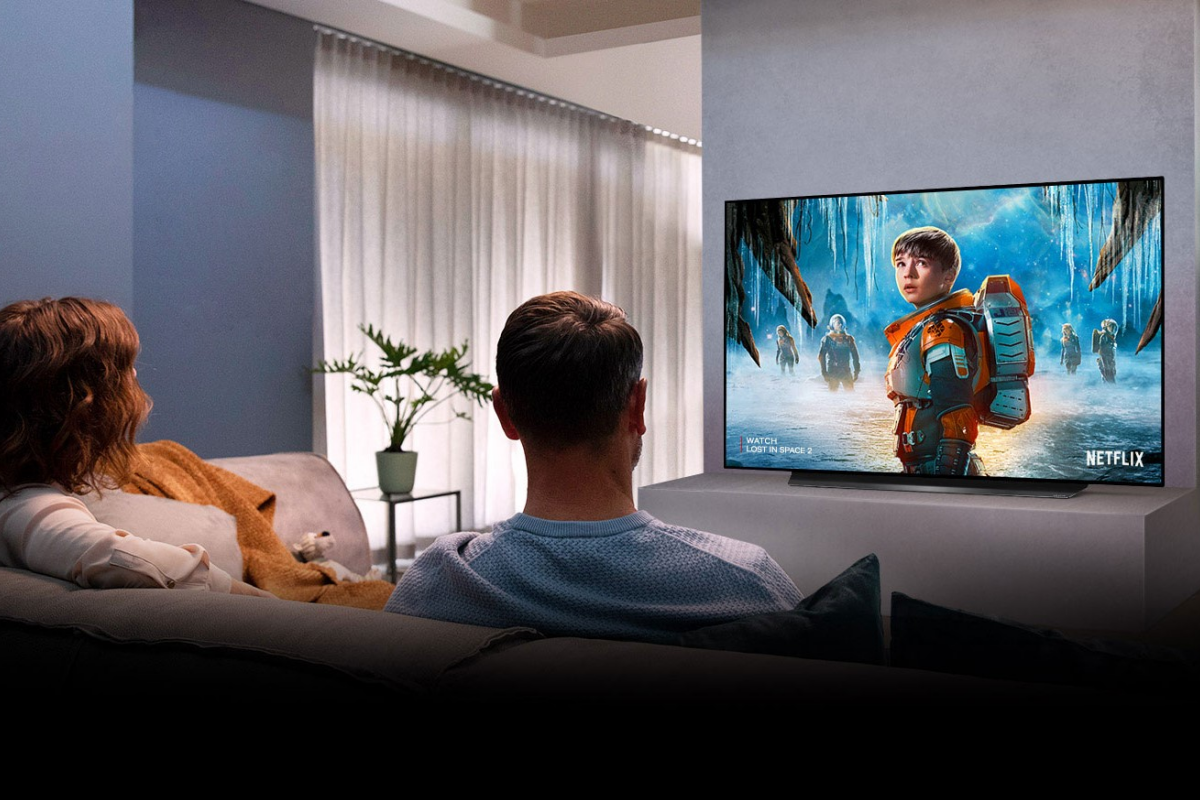Television is more than just a screen with a few channels. It is an entirely different delight that can be carefully planned and curated to provide entertainment, news, education, reference, and much more. TVs are not just pieces of data that show what you want to see; they are living objects which follow the laws of physics and the will of their owners. Here are some tips on finding the best television for you.
1. What are you going to use the TV for?
Consider the screen size and refresh rate if you are using the television for games. More giant screens with higher refresh rates will produce a more enjoyable, fluid gaming experience. A lower-quality screen will do fine if you’re watching some late-night TV or news. Don’t pay thousands of dollars for what is essentially a monitor just because it has a good brand name and high resolution. That’s ridiculous.

2. How much do you want to spend?
TVs today are costly. You can pick up a decent one for around $500, but if you want something that looks better and works well with the other electronics in your home, expect to be in the $800 range. A great TV will cost over $1000, and I would stay away from anything more than $1500 unless it’s some particular piece of equipment that can’t be replaced by anything less expensive.
3. What do you have to connect it to?
If your television is in the same room as your computer, ensure you get one with HDMI ports for video and audio transfers. It’s a modern standard widely supported by TVs, laptops, and PCs. If you are connecting your TV to a surround sound system, make sure you read the fine print – some TVs don’t support 5.1 or 7.1 channels when connected via HDMI.
4. Does it have innovative features?
Answering this question depends on what you need for your TV. A smart TV will be perfect if you want the most modern and well-rounded experience. It gives you many options to save energy, set up specific responses to certain events (like when someone walks in front of the camera), and access online content directly on the TV.



